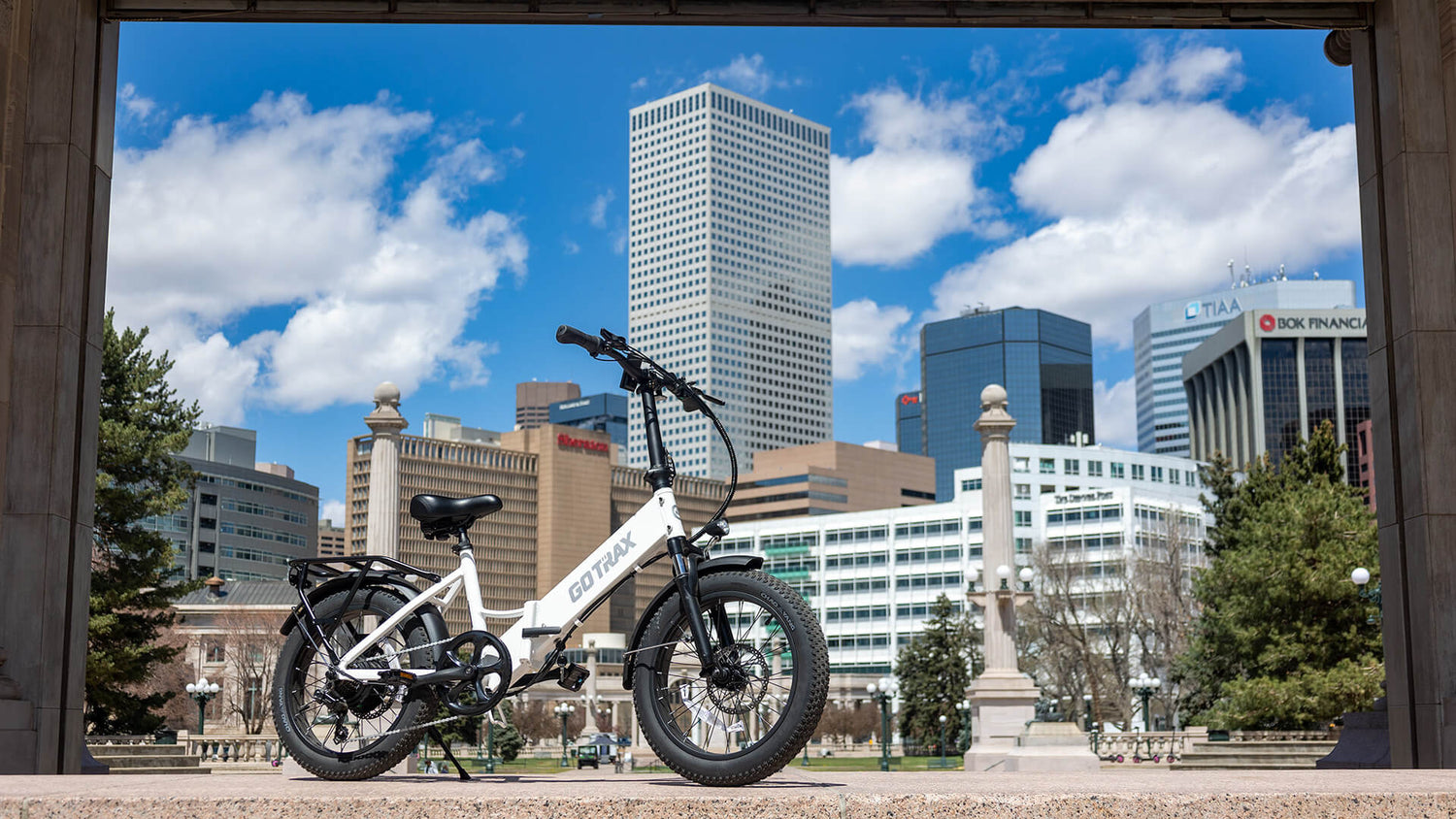Colorado is a competitive place to buy an electric bike. We’ve previously discussed Denver’s wildly-successful e-bike rebate, which was so popular that it ran out in 20 minutes. It seems like the state-wide rebate is facing similar problems: according to Colorado Public Radio, after helping 4,520 people buy electric bikes, the program is already running out of money.
The program’s budget was set to last until early 2024, but it’s been so successful that the state has had to pause the rebate to re-evaluate the program's future and its remaining funds. The reason for the unexpected shortage lies in the way Colorado’s e-bike rebate functions.
The state-wide e-bike rebate program relies on a lottery system. Recipients are randomly selected out of the pool of applicants and, once they’ve sent in the proper documents, receive a voucher to be used when they buy an e-bike from an approved dealer. However, vouchers must be used within 60 days: if they’re not, the money goes back into the rebate program for another applicant.
The state of Colorado initially projected that only 65% of recipients would use their vouchers; instead, 87% actually took advantage of the opportunity, leaving the program with less money leftover than expected.
Thanks to this unexpected success, the Colorado e-bike rebate is coming to a close after one final round of rebates in February. However, residents can still expect to save on e-bike purchases: the state is launching a program that gives residents who purchase e-bikes from authorized dealers a $450 tax credit.

Hopefully, Colorado’s incentive programs can serve both as a model and as a learning tool for other rebate programs in the future. Clearly, e-bikes are far more popular now than policymakers have previously anticipated, so new programs should expect high rates of participation. The surging use of micro-mobility vehicles should also encourage cities to invest further in infrastructure to support e-bike and e-scooter riders. Getting riders onto personal electric vehicles is only one step in the journey toward more sustainable transportation: if we want to keep people out of gas-based vehicles, we need to create a riding environment that incentivizes them to leave the car keys behind.
Despite their initial purchasing cost, e-bikes are actually a cheaper and more convenient mode of daily transportation than traditional gas-based vehicles, which makes incentive programs that help low-income riders overcome that price-based barrier to entry all the more important. We’re looking forward to seeing what new rebate programs spring up in the future, and if you’ve been on the fence about getting an e-bike for yourself, we hope an incentive program will encourage you to give one a try.






